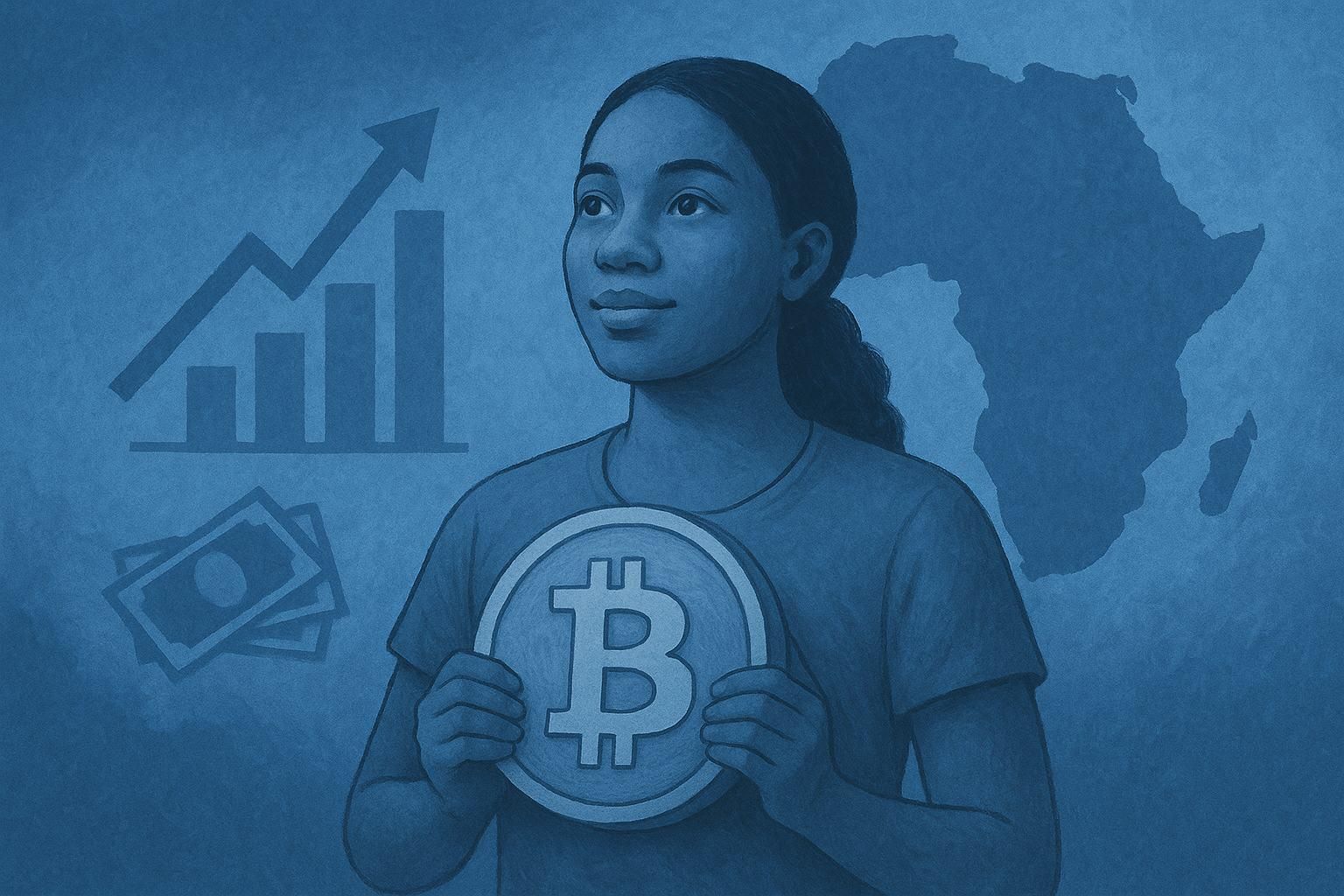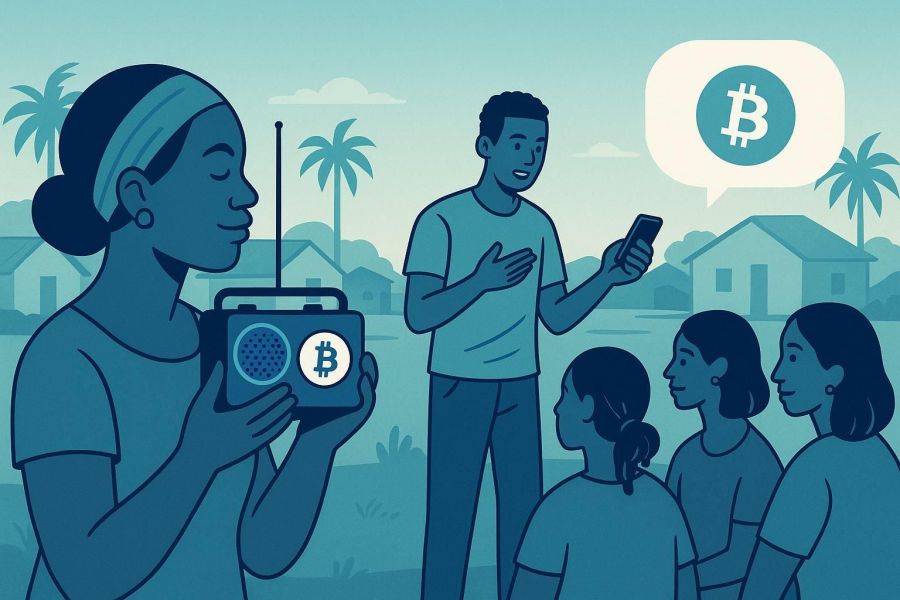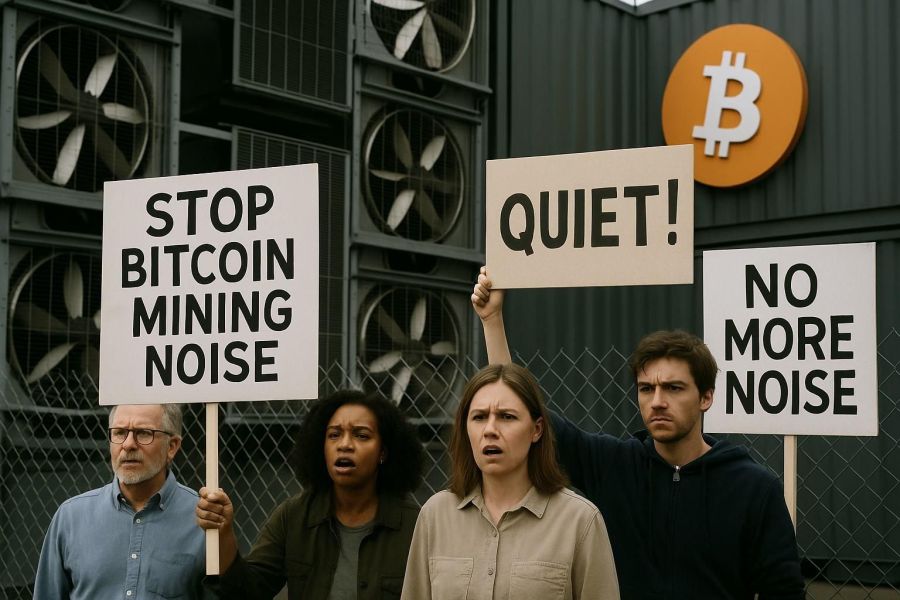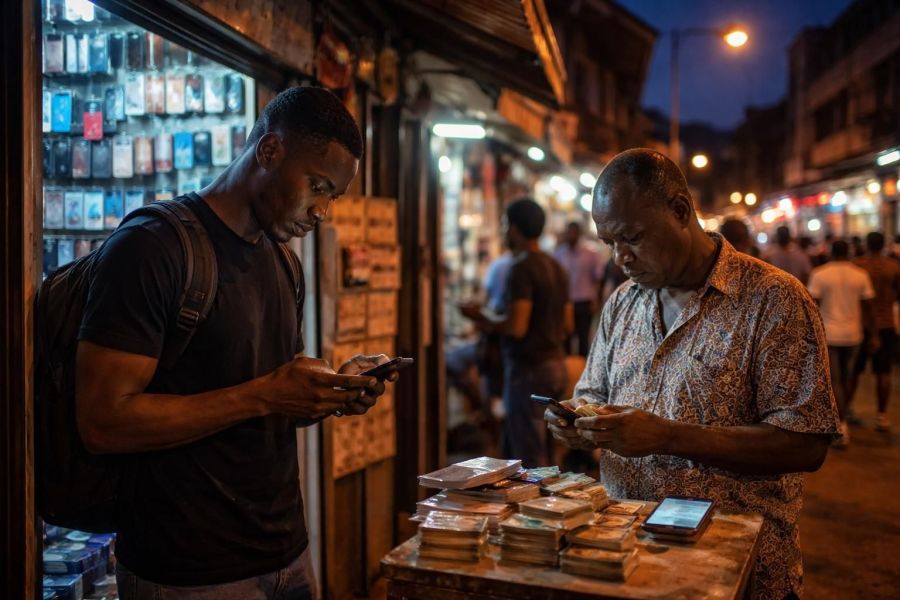
In many African countries, inflation is more than an abstract economic term — it’s a daily struggle. In places like Zimbabwe, Sudan, and Ethiopia, national currencies have repeatedly collapsed, wiping out savings and destroying purchasing power. When prices rise faster than people can earn, trust in traditional money disappears.
That’s why Bitcoin is gaining traction as a digital alternative. With its fixed supply of 21 million coins and decentralized nature, Bitcoin cannot be manipulated by governments or central banks. It offers individuals a way to store value independently — without needing a bank account or trusting volatile local currencies.
In Zimbabwe, for instance, where inflation hit over 250% in 2023, some citizens use Bitcoin to protect their earnings and trade internationally. In Sudan, where the banking system is fragile and often inaccessible, Bitcoin has become a financial lifeline for families and entrepreneurs alike. Even in Ethiopia, where mobile infrastructure is expanding, Bitcoin is emerging as a hedge against currency controls and devaluation.
What makes Bitcoin especially powerful in this context is accessibility: all that's needed is a smartphone. Apps and platforms tailored for low-bandwidth environments allow users to send, receive, and store Bitcoin securely — often more reliably than using local banks.
For many Africans, Bitcoin is not about speculation. It’s about resilience, dignity, and economic sovereignty in the face of collapsing trust in fiat money.
Sources:










